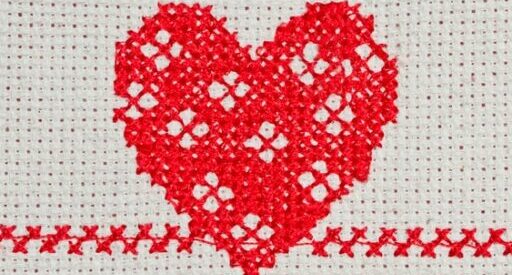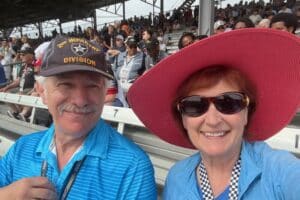Top Sewing Contractor Companies: 2025 Industry Overview and Insights
The industrial sewing market is a dynamic and multifaceted sector. It covers everything from apparel and accessories to automotive interiors and medical textiles.
Sewing contractors, also known as cut and sew manufacturers, are pivotal in producing a wide array of products across various industries. This blog post explores the key players in the U.S. sewing contractor market, industry trends, and the geographic distribution of these essential service providers.
Table of Contents
Overview of the U.S. Sewing Contractor Market
Sewing contractors in the United States are essential to industries like automotive, aerospace, military, and medical. These contractors offer services such as contract sewing, custom fabrication, and large-scale manufacturing.
The global industrial sewing machines market was valued at $2.47 billion in 2024. It is projected to grow at a 3.5% CAGR, reaching $3.5 billion by 2034.
Key Players in the Market
Several sewing contractors on Thomasnet.com stand out due to their capabilities and experience:
- John Boyt Industrial Sewing, Inc. – Based in Urbandale, Iowa, this family-owned business specializes in industrial sewing projects, including aerospace and marine applications.
- LJ Design & Manufacturing – Located in Brookfield, Wisconsin, LJ Design focuses on technical soft goods for non-apparel markets, using advanced materials like Kevlar® and fiberglass.
- LBU, Inc. – Operating out of Paterson, New Jersey, LBU manufactures custom promotional products and sewn goods for various industries, including cosmetics and pharmaceuticals.
- Red Fox Innovations – Headquartered in Blaine, Minnesota, this company offers advanced contract sewing and RF welding services for sectors ranging from medical to military.
- CustomFab USA, Inc. – An OEM and white-label sewing contractor based in Garden Grove, California, CustomFab USA caters to aerospace, medical, and military industries.
Industry Segments and Applications
The industrial sewing services market serves a wide range of applications. In the automotive industry, sewing contractors produce seat covers, airbags, and interior components.
In the aerospace sector, they fabricate seat covers, insulation blankets, and other aircraft interior components. The military and defense industries depend on sewing contractors for uniforms, tactical gear, and protective equipment.
The medical industry benefits from the production of surgical drapes, hospital gowns, and other medical textiles.
Market Trends
Several trends are shaping the sewing contractor market:
- Adoption of Automated Sewing Technologies – Smart technologies, including IoT-enabled and automated machines, are reducing downtime and increasing productivity by up to 25%.
- Customization – Both fashion and automotive sectors are driving demand for advanced stitching capabilities to meet specific customization needs.
- Sustainability – Sustainability is a growing focus, with an emphasis on eco-friendly materials and processes.
Geographic Distribution of Sewing Contractors
Sewing contractors are spread across the United States, with a significant concentration in certain states. California leads with 59 sewing contractors, followed by Ohio with 32.
North Carolina, Michigan, and Illinois each have 23 sewing contractors. New York hosts 20.
This distribution reflects the diverse industrial needs across different regions of the country.
Diversity and Ownership Statistics
Diversity and ownership certifications are important in the sewing contractor market. More than 47% of sewing contractors on Thomasnet have women-owned certifications, such as Women’s Business Enterprise (WBE) and Woman-Owned Small Business (WOSB).
Additionally, 34% are small businesses, with certifications like SBA 8(a), HubZone, Small Business Enterprise (SBE), and Small Disadvantaged Business (SDB). Other common ownership certifications include Minority-Owned and Veteran-Owned statuses.
Quality Certification Statistics
Quality certifications are crucial for ensuring high standards in the sewing contractor industry. The most common certifications among sewing contractors on Thomasnet include ISO 9001:2008, ISO 9000, and ISO 9001:2015.
These certifications outline requirements for quality management systems. Other notable certifications include AS9100D, AS9100C, and ISO 13485:2016.
Finding the Right Sewing Contractor
For businesses looking to work with sewing contractors, platforms like Thomasnet offer valuable resources. With over 440 sewing contractors listed, users can filter by location, certifications, and other factors to find the right supplier.
The platform provides detailed information on each contractor. This helps businesses make informed decisions.
Conclusion
The U.S. industrial sewing market is a robust and essential sector. It supports a wide range of industries with high-quality products and services.
From automotive interiors to medical textiles, sewing contractors play a crucial role in manufacturing and innovation.
For more detailed information on top sewing contractors and industry insights, visit the Thomasnet article.

